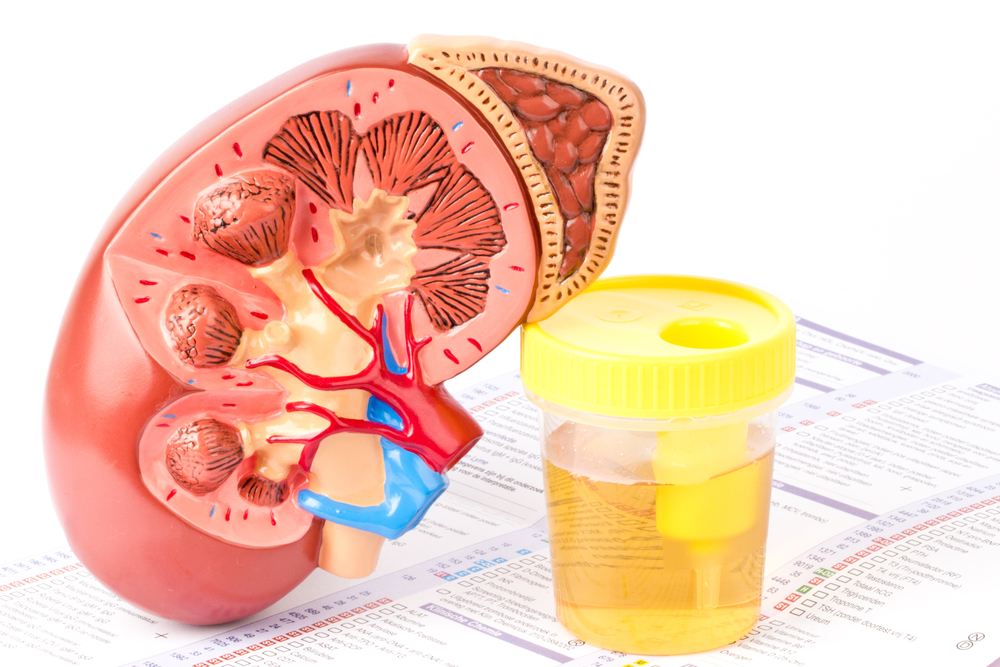Reata Tests Bardoxolone Methyl as Possible Treatment for Loss of Kidney Activity in Alport Syndrome

Reata Pharmaceuticals is investigating bardoxolone methyl as a potential treatment for chronic kidney disease (CKD) triggered by Alport syndrome.
The CARDINAL (NCT03019185) Phase 2/3 clinical trial — which is currently recruiting patients — aims to determine the safety, tolerability and effectiveness of oral bardoxolone methyl in slowing, halting and possibly reversing the loss of kidney function affecting Alport patients.
Bardoxolone methyl is an antioxidant inflammation modulator (AIM) that regulates the activity of key regulatory proteins involved in the biology of mitochondrial function, cell damage and inflammation. AIMs influence the expression of hundreds of genes by activating the master transcription factor Nrf2. Enhanced Nrf2 activity triggers the production of proteins with antioxidant, anti-inflammatory and protective properties, which helps restore normal mitochondrial functioning in cells.
Previous clinical trials with other CKD patients have shown that bardoxolone methyl is effective. The CARDINAL study will enroll 210 patients, aged 12 to 60 years, with estimated glomerular filtration rate (eGFR) values between 30 and 90 mL/min/1.73 m2.
In the trial’s open-label Phase 2 portion, researchers will assess bardoxolone methyl’s effect in inducing eGFR in about 30 patients at 12 weeks of treatment, the primary endpoint. Patients will then be followed up for two more years with eGFR measurements at weeks 48 and 100 while still on treatment, and at weeks 52 and 104 after withdrawing from the drug for a month. Patients in the Phase 2 part of the study won’t be included in the Phase 3 portion, which anticipates 180 patients receiving either bardoxolone methyl or a placebo.
This part’s primary endpoint is the change from baseline in eGFR in patients after 48 weeks of treatment compared to placebo. The initial dose of bardoxolone methyl will be 5 mg once daily, and will then increase to 10 mg and 20 mg once daily. This daily dose may possibly reach 30 mg, depending on the level of proteins in the urine, a hallmark of Alport.
Researchers will also assess the change from baseline in eGFR after one or two years of treatment, one month after stopping the treatment.
Reata expects to get results of the trial’s Phase 2 portion later this year, and Phase 3 results by early 2019. Encouraging results would likely support the FDA’s approval of bardoxolone methyl as a treatment for kidney function loss in Alport patients.
Reata, headquartered in Irving, Texas, notes that Alport syndrome is a rare and serious hereditary disease with no currently approved therapies.







Leave a comment
Fill in the required fields to post. Your email address will not be published.